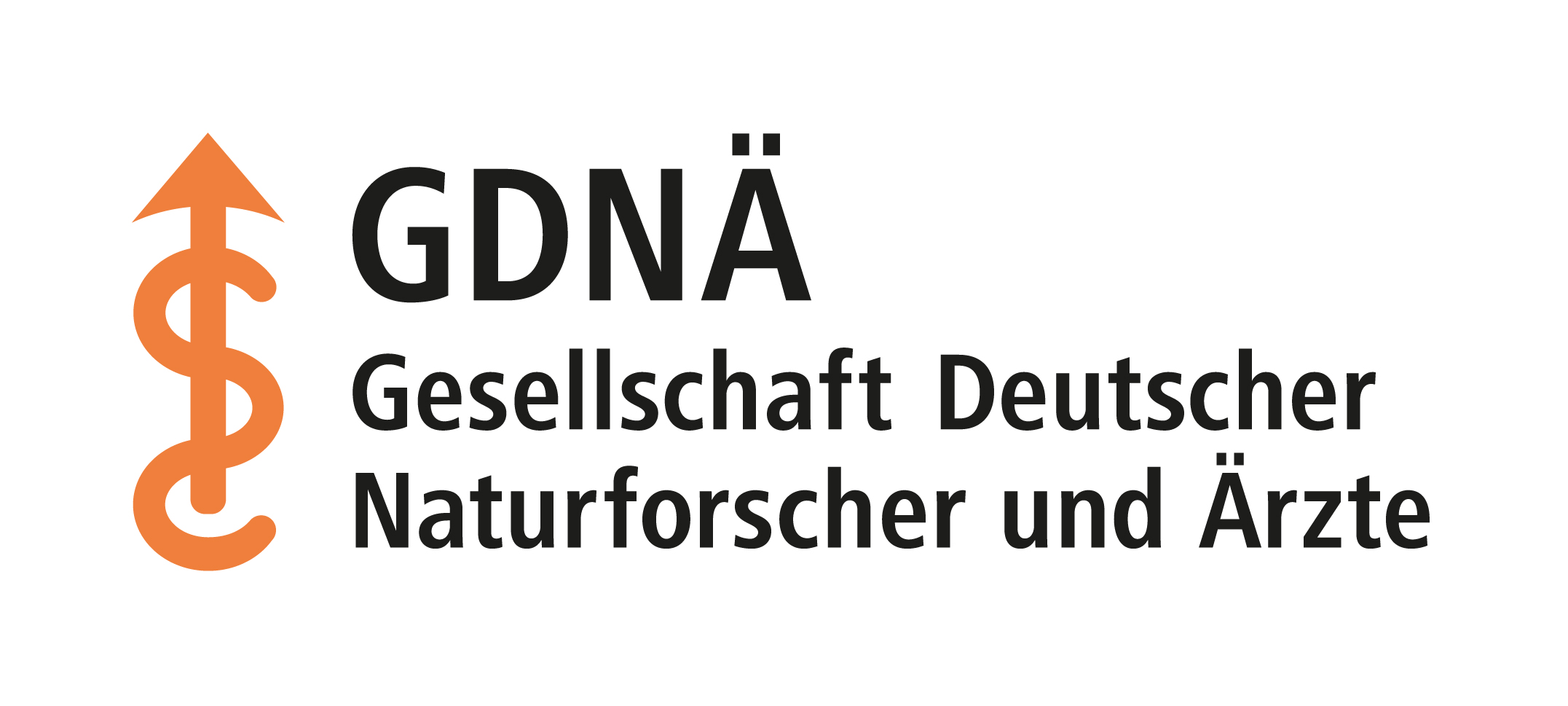Expert group: A Strategy for the time after Corona shutdown
Munich, April 2, 2020 – The strategy envisages gradually easing current restrictions in a differentiated manner and by continuously weighing up the risks. Priority will be given to restrictions that incur high economic costs or lead to severe social and health burdens. Regions with low infection rates and free capacities in the health system could, according to the proposal of the 14 experts from German universities and research institutes, lead the way in the gradual new start. In addition, sectors with a low risk of infection, such as highly automated factories, and areas with less vulnerable persons, such as schools and universities, should be started.
“The current restrictions make sense and are beginning to have an impact,” says Martin Lohse, physician and president of the Society of German Natural Scientists and Physicians (GDNÄ). However, in addition to high economic and social costs, the measures would also have serious medical consequences, for example for patients with other serious diseases. “Because we have to expect that the pandemic will keep us busy for many months to come and ultimately only our immune system will be able to protect us, we need a flexible strategy that is graduated according to risks – a general shutdown is not a long-term solution,” says Martin Lohse.
“Health and a stable economy are by no means mutually exclusive,” says Clemens Fuest, economist and president of the Munich-based ifo Institute. Just as positive economic development is not possible with an uncontrolled spread of the virus, the efficiency of our health system cannot be maintained without a functioning economy,” says Clemens Fuest. “When planning the steps in which the massive restrictions on private and public life are to be lifted, people must be at the centre of attention,” says Christiane Woopen, Professor of Ethics and Theory of Medicine at the University of Cologne. Health, economic and social risks must be taken into account. A lot is currently being expected of everyone. Woopen: “Now the strong must be there for the weak.”
Scientists from the fields of internal medicine, infection research, pharmacology, epidemiology, economics, constitutional law, psychology and ethics are writing that it is now important to carry out large-scale tests in order to gain more reliable insights into the spread of the pathogen. The safeguarding of the production of protective clothing, protective masks, drugs and future vaccines is also one of the most urgent measures. The scientists also recommend creating new capacities to cope with the social and psychological consequences of the current measures.

